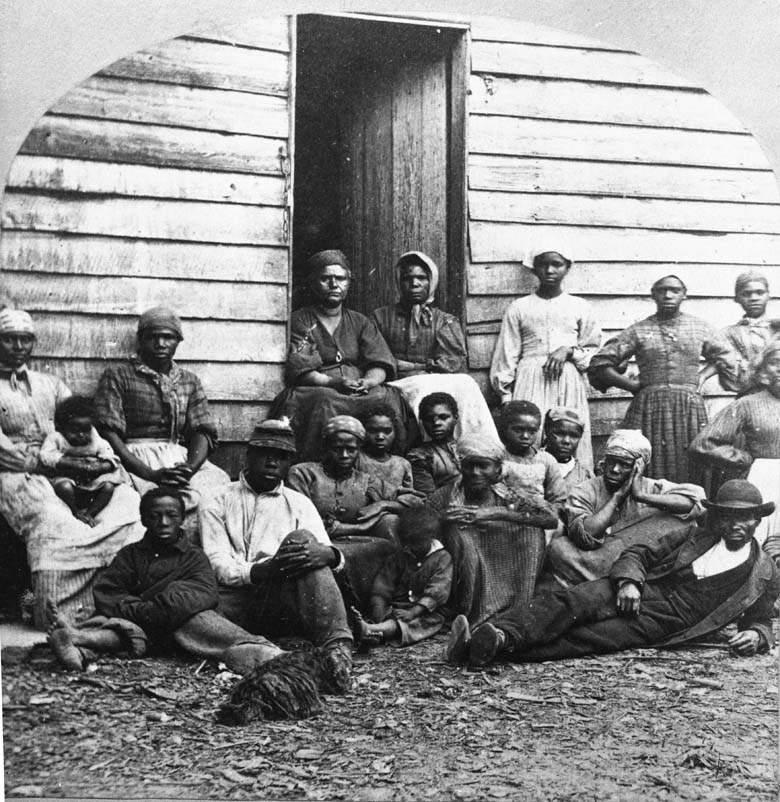
We all observe Martin Luther King Jr., Day and express our gratitude for Dr. King’s incredible accomplishments with a day of service. We also recognize Black History Month as a great opportunity to celebrate the monumental accomplishments of African American leaders, activists and visionaries. However, few people think about Juneteenth as a day to commemorate.
Also referred to as Freedom Day or Juneteenth Independence Day, Juneteenth commemorates the events of June 19, 1865. On that joyous day, federal authorities announced the abolition of slavery in Texas. Additionally, it freed any remaining African American slaves throughout the Confederate South.
In other words, while Juneteenth is one of the most important African American holidays that everyone should celebrate, it remains an unknown date to many people. Here, we’ll take a closer look at the lasting legacy of Juneteenth, as well as explore some ways you can honor the occasion this year.
A Closer Look at the Emancipation Proclamation
On September 22, 1862, President Abraham Lincoln issued the Emancipation Proclamation. On paper, the proclamation issued a warning to the rebelling Confederate states, which they chose to ignore. If those states did not cease their rebellion and come back to the Union by January 1, 1863, the president asserted that he would declare all of their slaves’ free forever.
It’s a common misconception that the Emancipation Proclamation marked the end of slavery in America. The Confederate States simply rejected the order, resolving to change nothing. The proclamation also technically did not apply to slave-holding states that had not rebelled against the Union.
It took the entire Civil War to enforce the Emancipation Proclamation and end slavery in America. The 13thAmendment to the United States Constitution formally outlawed slavery on January 31, 1865, more than two years after the presidential command.

The Importance of Juneteenth
If the 13th Amendment abolished slavery in January, 1865, then how does Juneteenth fit into the story?
These days, news can travel around the world in a mere instant, but that wasn’t the case back in the 1860’s. Communication had its challenges, but the biggest obstacle to freedom depended on having enough Union soldiers to enforce the new law in the South.
Additionally, there was a mass migration of slave owners fleeing their homes with their slaves in tow, and that only made the situation tougher to resolve. After the Union troops scored victories at Vicksburg and New Orleans, some slave owners from Mississippi and Louisiana fled to the interior of Texas. Their new location kept them isolated from any real news of the war, even after it reached its conclusion.
After the war ended, rumors of freedom naturally began to circulate, but little had changed for enslaved people in Texas. On June 19th, 1865, General Gordon Granger rode into Galveston, Texas, and issued General Order No. 3 that specifically stated that all slaves in Texas were declared free people by executive order.
When the last slaves finally learned they were guaranteed “absolute equality of rights,” reactions varied from shock to jubilation. The rest is history!

Who Celebrates Juneteenth and Why?
Although Texas is the only state that recognizes Juneteenth as a state holiday, more than 200 different cities across the United States celebrate the occasion. In some communities, the holiday holds special significance, especially in Texas. The descendants of the Galveston freed slaves often dedicate the day to prayer and family gatherings to practice their gratitude for a better life.
Juneteenth also remains an important day to African Americans everywhere. It symbolizes freedom, the day that human strength and spirit finally achieved victory over cruelty and oppression.
Today, its anniversary remains a powerful reminder of how endurance, resistance and perseverance can really change the world. This June 19th, consider celebrating by:
- Reading up on African American history, culture and achievements, both on a national level and a local one
- Teaching your children about Juneteenth and its significance
- Planning an outdoor picnic or preparing a celebratory meal consisting of traditional foods
- Rallying local organizations, businesses and establishments to collaborate on sponsoring a community celebration everyone can enjoy
- Spending some personal time reflecting on what the concept of freedom means to you
- Telling your social circle all about Juneteenth and how important it is
As you can see, there are a lot of different ways you can honor the spirit of Juneteenth this year. Don’t be afraid to be creative and really honor the day!

